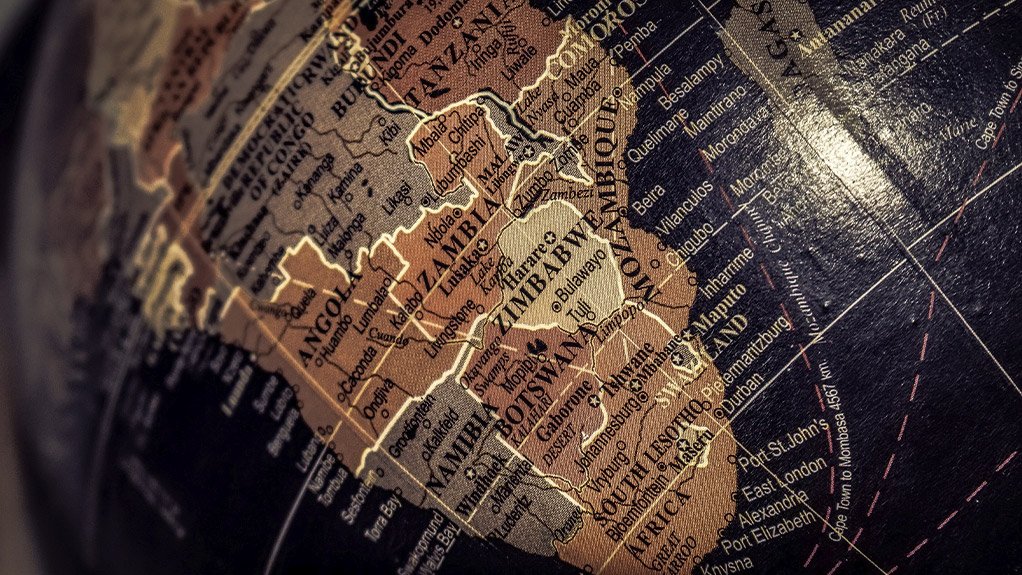African central banks set to decide on interest rates in the next three weeks are unlikely to follow the tide of global easing and maintain tight monetary policies, with one exception.
“The broader theme is one of caution and data dependence with central banks closely monitoring inflation and currency trends,” said EY Africa chief economist Angelika Goliger.
Analysts expect sub-Saharan Africa’s largest oil producers Nigeria and Angola, who are still plagued by double-digit inflation and weakened local currencies, to increase their benchmark rates.
But South Africa, Egypt, Kenya and Ghana are forecast to retain their policy rates while Mozambique, an outlier, is predicted to continue lowering borrowing costs.
Here’s why most of these African nations will keep interest rates tighter for longer:
CURRENCY PRESSURES
Angola, Nigeria and Ghana’s currencies have been among the worst performing in Africa this year and their weakening streak against the dollar is yet to let up amid increased demand for the greenback.
The pass-through to prices has been significant. In Nigeria it’s kept inflation at an almost three-decade high. In Angola it’s catapulted it to a seven-year high and in Ghana it’s meant the disinflation process hasn’t been as fast as the central bank had anticipated.
High inflation in these nations has led Angola to more than double the minimum wage to Kz70 000 ($79) in June and Nigeria to partially reinstate fuel subsidies — putting pressure on their public finances.
Currency weakness, loose fiscal policy and cost-push pressures will likely force these central banks to maintain a tighter stance for longer, said Gbolahan Taiwo at JPMorgan Chase & Co.
Nigeria’s central bank Governor Olayemi Cardoso recently stressed that the central bank’s monetary policy committee will do whatever it takes to tame inflation.
STICKY INFLATION
On Thursday, South Africa and Egypt will probably leave their key interest rates unchanged at 8.25% and 27.25% respectively, blaming sticky price pressures.
South African central bank Governor Lesetja Kganyago has made clear that until inflation returns to the 4.5% midpoint of its target range on a sustainable basis, he and his MPC colleagues will be reluctant to lower rates.
While the annual inflation rate held at 5.2% in May, it has been above the midpoint for more than three years.
Kganyago said in a message in the central bank’s annual report published last month that “it is important that we rebuild confidence in our ability to achieve our target.”
Egyptian policymakers will also be reluctant to decrease interest rates as annual inflation that slowed for a fourth straight month in June remains high at 27.5% and factors such as wage increases and fuel price adjustments may slow the pace of disinflation, said Goliger.
They will also want to wait for “inflation to fall more meaningfully and achieve a higher level of ex-post real rates before considering a cut,” said Taiwo.
DOMESTIC FACTORS
Kenya will probably also be hesitant to reduce borrowing costs, amid ongoing anti-government demonstrations that could halt its disinflation process. The protests have shuttered businesses and led to renewed currency pressures after the government scrapped a plan to raise as much as KSh346-billion ($2.7-billion) in taxes.
Also, the MPC recently introduced US Federal Reserve interest rate decisions as a key risk factor for monetary policy, said Taiwo. That could mean it may hold off from lowering rates until the US does. Investors see the Fed cutting rates at least twice this year.
EMAIL THIS ARTICLE SAVE THIS ARTICLE
To subscribe email subscriptions@creamermedia.co.za or click here
To advertise email advertising@creamermedia.co.za or click here











